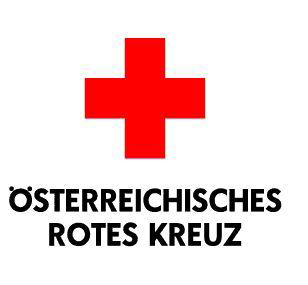Evidence based advocacy



Last weekend members of HumanaS network participated in training focusing on evidence based advocacy. The training was organised in the Belgrade Palace Hotel and facilitated by Ms. Snežana Stojanović.
The training was organised as part of the regional project “Taking Action in Social Inclusion of Older People” coordinated by the Red Cross of Serbia. Among its objectives the project has successful advocacy with decision makers alongside and on behalf of older persons, for changes that will enable them to better take part in public life and improve their social participation at all levels. The project is financially supported by European Union and Austrian Development Agency and alongside with Serbia it is implemented in Albania, Bosnia and Herzegovina, Macedonia and Montenegro.
The focus during the training was on clarifying importance and techniques related to the concept of public advocacy and verifiable evidence as standard in the advocacy activities of the HumanaS member organisations. The participants discussed the concepts of identifying the problem as well as the decision makers to be targeted by the advocacy and a triangular analysis concept was explained, showing how it ensures the relevance of the advocacy topic as well as indicates the needed preliminary data collection activities.
The participants were then given time to work in groups and, based on the previously in this project done situation analysis, decide on the problems that may be selected as topics of advocacy campaign to follow in the project. The topics discussed were assessed by their relevance to older people but also in relation to the known next steps in the Serbian EU accession process seeing as how these may serve as catalysts or obstacles for advocacy activities. Possible political solutions at different levels were discussed as was how the advocacy conducted by a network of civil society organisations can efficiently contribute to attaining these solutions. By the end of the training the network members agreed on the topic of the future advocacy campaign and on the following steps in collecting preliminary data and establishing contacts as to proceed with the evidence collection that the advocacy campaign in the next two years will be based on.
